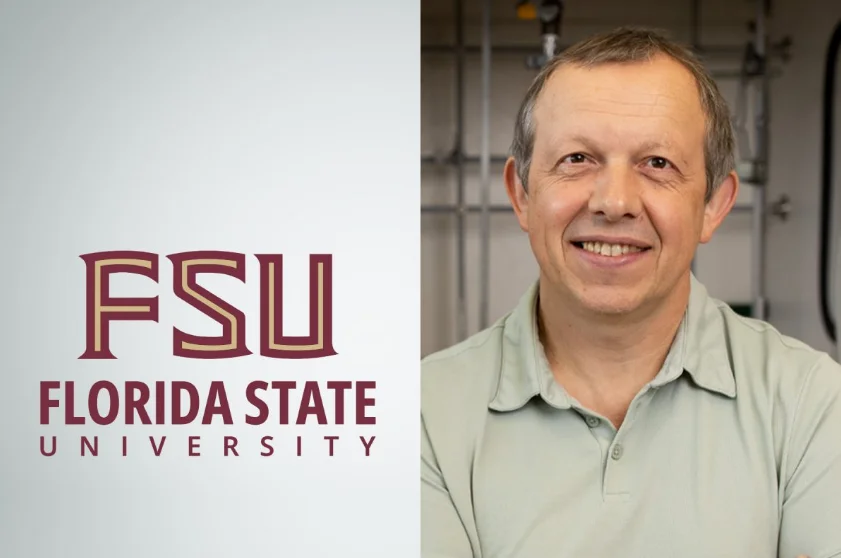Insider Brief
- Dr. Shuqiu Wang of the University of Bristol has received a £942,830 UKRI New Investigator Award to study the interplay of electron correlations, topology, and magnetism in quantum materials using advanced low-temperature microscopy.
- The research will focus on kagome materials, leveraging their unique lattice structure to investigate quantum phenomena and develop topologically protected quantum devices with potential applications in spintronics and quantum computing.
- Wang’s project will provide training for early-career researchers and strengthen Bristol’s role as a hub for quantum materials research, building on her prior contributions to detecting novel quantum states in topological superconductors.
- Image: University of Oxford
PRESS RELEASE — University of Bristol physicist Dr. Shuqiu Wang has been awarded a prestigious £942,830 UKRI New Investigator Award to pioneer research in quantum materials. Wang’s project aims to visualize and understand the complex interplay between electron correlations, topology, and magnetism in quantum materials using advanced microscopy techniques. The research will employ specialized microscopy operating at very low temperatures to study exotic quantum states, potentially leading to breakthroughs in quantum computing and next-generation electronics.
UKRI New Investigator Award Supports Groundbreaking Quantum Research
Dr. Shuqiu Wang, Assistant Professor in Quantum Materials at the University of Bristol’s School of Physics, has received the highly competitive UKRI EPSRC New Investigator Award. The three-year grant will support Wang’s innovative research program using beyond state-of-the-art scanning tunnelling microscopy to explore quantum phenomena at the atomic scale.

Kagome Materials: A New Frontier in Quantum Physics
Wang’s project will focus on kagome materials, which feature a unique lattice structure that enhances electron interactions and leads to diverse quantum phenomena. These materials offer a promising platform for studying the fundamental properties of quantum matter. “The kagome lattice connects atomic structure with quantum phenomena, advancing our ability to create materials with desired quantum properties,” explains Wang. She will investigate three different classes of kagome materials, each offering unique insights into quantum behavior.
Advanced Microscopy: Pushing the Boundaries of Quantum Materials
The research will develop specialized and innovative microscopy techniques operating at very low temperatures with magnetic fields. This cutting-edge approach allows for unprecedented detailed observation of quantum states and their dynamics. The technology developed through this project could lead to applications in spintronics and quantum information processing, such as developing topologically protected quantum devices.
Education and Innovation: Building the Future of Quantum Matter
Beyond the research objectives, Wang’s project will provide training opportunities for early-career researchers and contribute to Bristol’s growing reputation as a centre of excellence in superconductivity and quantum matter. Wang is committed to supporting the next generation of experimental physicists.
Dr. Shuqiu Wang: A Rising Star in Quantum Materials Research
Prior to joining the University of Bristol in 2023, Wang led pioneering research in quantum materials in Prof. J.C. Séamus Davis’s groups at both the University of Oxford (2019-2023) and Cornell University (2022-2023). Her scientific journey began at Oxford, where she completed her PhD (2015-2019) under Prof. Martin R. Castell’s supervision, gaining expertise in scanning tunnelling microscopy. Her recent work with the Davis group, published in Nature, included the groundbreaking detection of a pair density wave state in UTe2 and topological surface bands in candidate topological superconductors. Wang was recently awarded the 2024 Nicholas Kurti European Science Prize.
“This award gives us a wonderful opportunity to push the frontier of quantum materials research,” says Wang. “The quantum effects we aim to uncover could underpin future technologies in the latter half of this century.” Her work represents a convergence of modern techniques and concepts in quantum physics, positioning Bristol at the forefront of quantum materials research.















